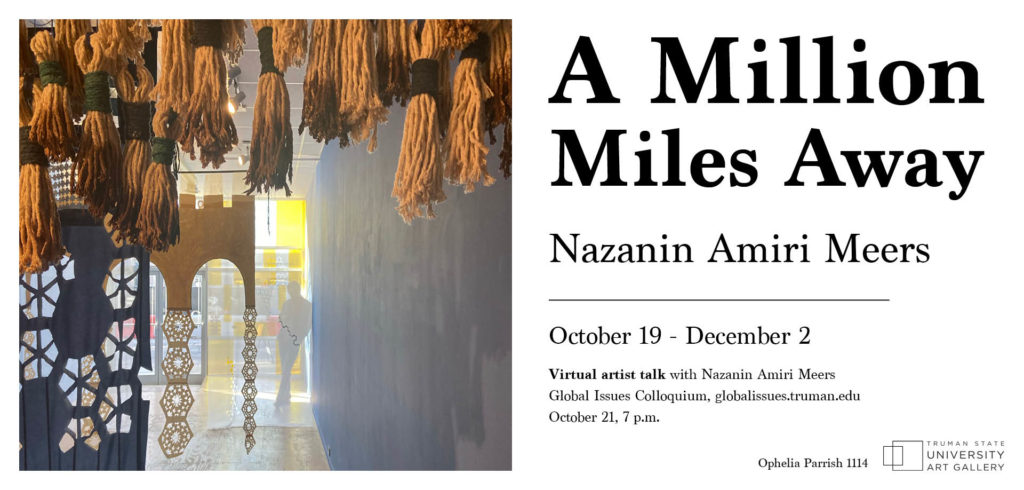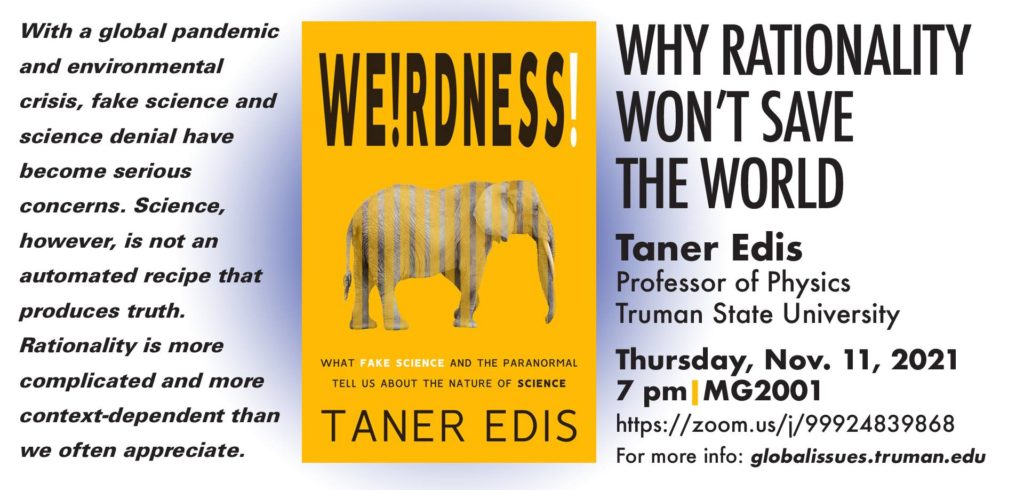Thursday, September 9, 7:00pm
BH 102 (Baldwin Little Theater)
Recording: https://zoom.us/rec/share/8eLs6H-gFIS6c2RnwKLsiLMZn1y7b1at8X_mL51F-DEB1I_FgJXfJbV3v9_0hBfT.dfxmX_swluyhiGa9
John James Quinn, Professor of Political Science, Truman State University
The Resource Curse Undermined: Majority State Ownership of Mining or Oil in Africa
Developing countries with mineral or petroleum exporting sectors have generally featured lower incomes, lower growth, less diversification of their economies, lower levels of democracy, and even more civil strife and war. This is often referred to as “the mineral resource curse.” This project examines the role of majority state ownership of these mining or oil exporting sectors on these outcomes in sub-Saharan Africa from 1966-2000. Using cross section and a matched case study approach, it seems that resource curse outcomes or more prevalent and stronger in countries which had featured majority state ownership of these sectors. This does not suggested that the lack of MSO makes these outcomes completely disappear, but it seems the best performers do not have MSO and the worst performers do, and the averaged data tells a similar story.
Thursday, October 21, 7:00pm
Recording: https://zoom.us/rec/share/SD0QBi2oVmEZfJXTtYEtodGU9VJ_ziynOyjFFhsurdNzQLzO28i0sO-ZhiiAcQDr.xV20IImyAhuMCY5Z
Fibers artist Nazanin Amiri Meers will create an immersive installation for the University Art Gallery open October 19-December 2, 2021. A Million Miles Away contemplates cross-cultural experiences of space. By incorporating elements of Iranian architecture that reflect Islamic beliefs including screens and abstract geometric patterning, her work contemplates the concepts of privacy and quietude often emphasized in Islamic architecture but lacking in American architecture. Her work asks the viewer to examine the distinctions between and value of public and private space. Amiri Meers studied Textile Design and Print in Iran and received her MA in Design Technology in Malaysia in 2009. She immigrated to the United State in 2014 and earned an MFA in Fiber Arts at the University of Kansas. Her visit is co-sponsored with the University Art Gallery.
Thursday, November 11, 7:00pm
MG2001
Recording: https://zoom.us/rec/play/1LyidCt0C6kpnIMfE0kOlccNV5k1TYOSZbnPFmd_2faQHI6E2NK5aW82FkytNJ3WcxzWCYOkm5mTFAGB.uTaYoZQ36bz8Usxc?_x_zm_rhtaid=519&_x_zm_rtaid=VDMgDzReQWmqaZotqerfqw.1636734780976.fea5037efd8a1801366a40b69d6b45bd&autoplay=true&continueMode=true&startTime=1636679051000
Taner Edis
Professor of Physics, Truman State University
Why Rationality Won’t Save the World
